
The complete-process apparatus for the production of boron-10 acid using the method of low-temperature distillation (Photo/China National Nuclear Corporation)
Chinese scientists have achieved a breakthrough in low-temperature distillation of boron-10 isotopes to stably produce enriched boron-10 products with an abundance of 70 percent, significantly enhancing China’s capacity for large-scale production of boron isotopes and providing strong support for the safe and orderly development of the country’s nuclear power industry.
According to China Institute of Atomic Energy (CIAE) of China National Nuclear Corporation (CNNC), who developed the technology with China’s completely independent intellectual property right, boron-10 possesses excellent neutron absorption characteristics and can be used as a neutron absorber or radiation shielding material in nuclear reactors for reactivity control and in emergency shutdown systems, playing an important role in the field of nuclear industry, People’s Daily reported on Tuesday.
Boron-10 acid is one of the important products of boron-10, and the natural abundance of boron-10 is only 19.8 percent. In nuclear power plants, the use of enriched boron-10 acid reduces the amount of boric acid needed, lowers the risk of crystallization, and mitigates cooling system corrosion, thereby enhancing the safety and economic efficiency of nuclear power plant operations, according to CIAE.
With the increasing global demand for clean energy and rising concerns for nuclear safety, the need for boron-10 in the construction and operation of nuclear power plants has also been driven up.
With the support of relevant departments, a research team led by Hu Shilin, an academician of the Chinese Academy of Engineering (CAE) and chief scientist of CNNC, has made substantial progress through years of effort and collaborative innovation in developing a groundbreaking process for boron-10 isotope separation and successfully establishing a complete-process apparatus facility using the method of low-temperature distillation. This facility operates continuously and stably to produce enriched boron-10 products with an enrichment level of 70 percent, according to CIAE.
The successful development of this technology has markedly boosted China’s capacity for large-scale boron isotope production, providing strong support for the safe and orderly development of the country’s nuclear power industry, marking a major milestone in advancing related industries and bolstering China's scientific and competitive edge globally.








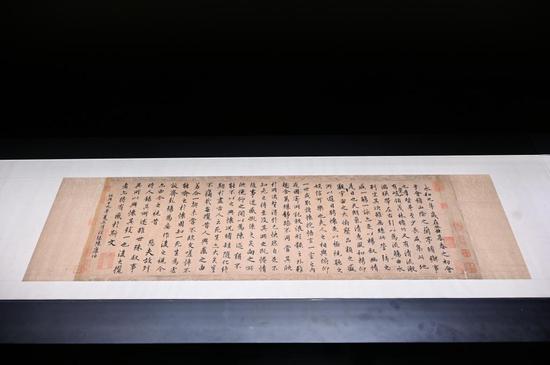



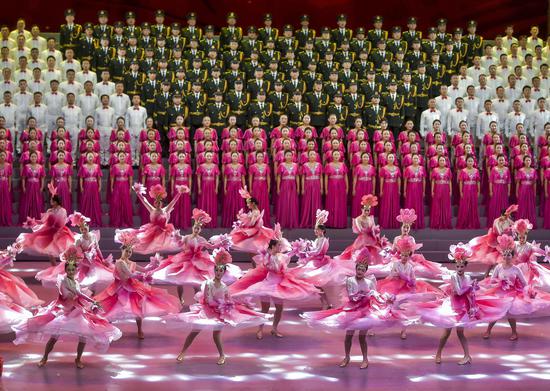


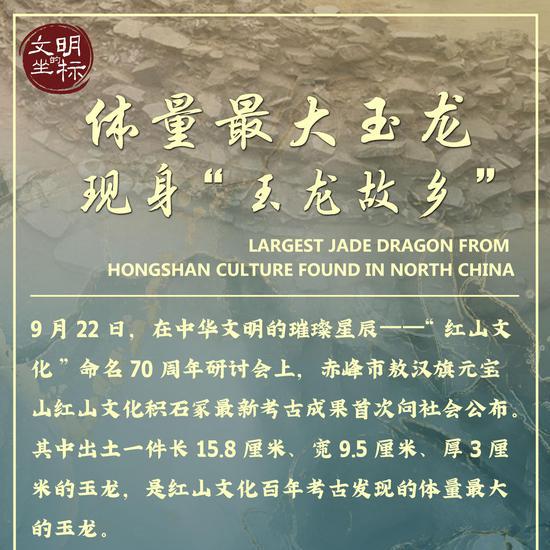
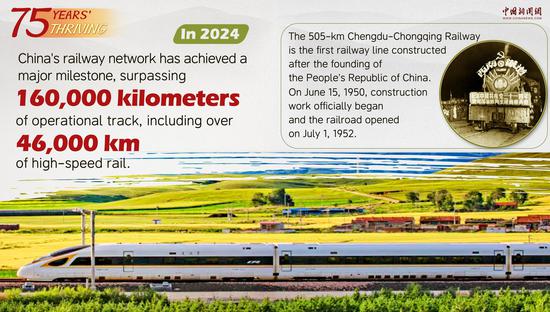
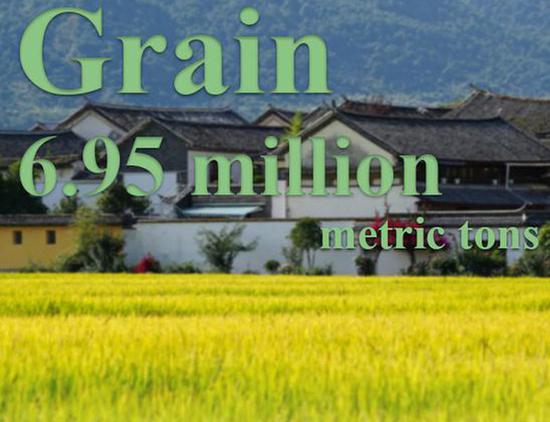







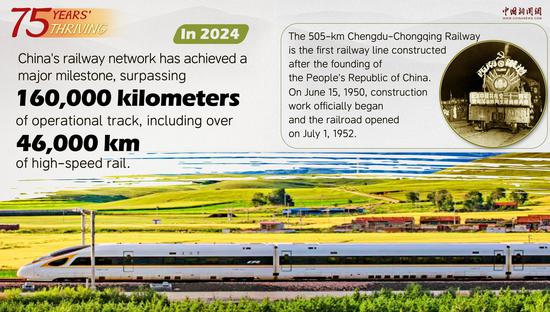
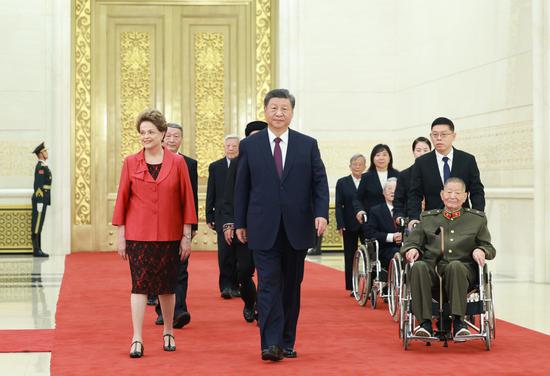


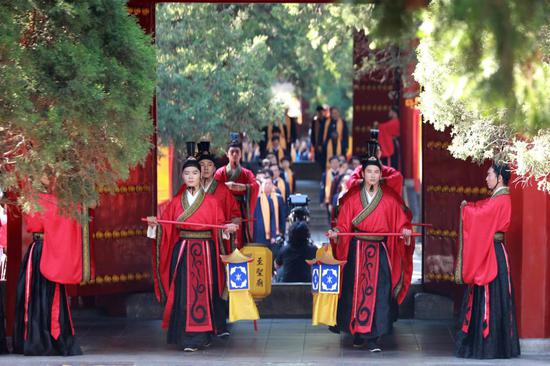


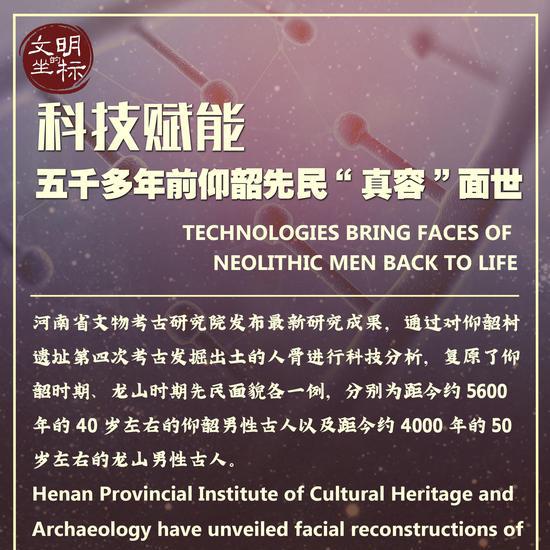
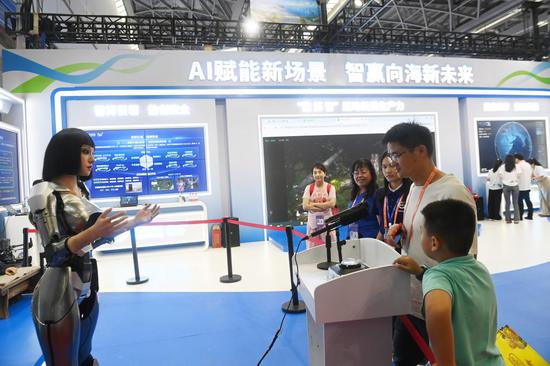
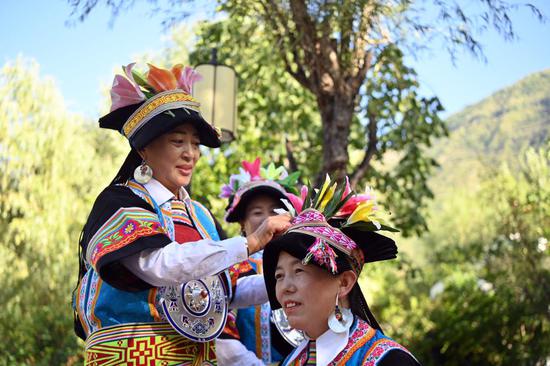














 京公网安备 11010202009201号
京公网安备 11010202009201号